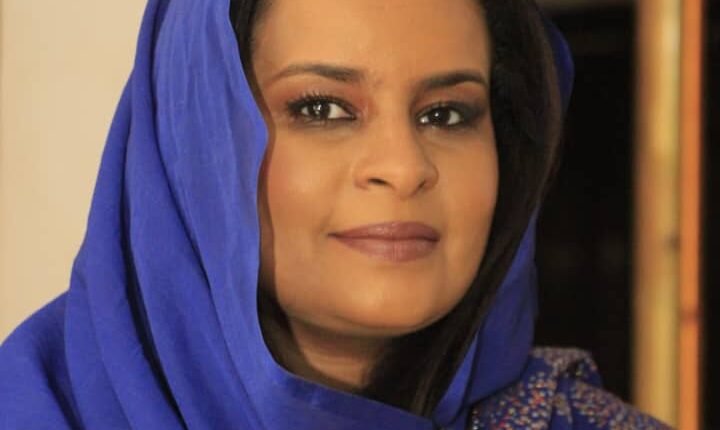A Reflection on Dr. Kamil Idris’s Latest Address

By: Dr. Mayada Suwar Al-Dhahab
The recent speech delivered by Dr. Kamil Idris, the Transitional Prime Minister, rekindled hope among Sudanese citizens. It was a comprehensive and well-articulated address that captured the requirements of the current phase, acknowledged the present challenges, and looked ahead to a hopeful future.
The speech outlined a complete and strategic plan that included standards, mechanisms, and measurement tools. It addressed the concerns of the public, answered pressing questions, expressed citizens’ aspirations, dispelled doubts, built trust, and narrowed the gap between the people and the state leadership. It also sought to engage citizens in the selection of their representatives in state institutions through specific standards and transparent, fair mechanisms.
The Prime Minister’s movements and decisions demonstrate an independent approach to decision-making, confronting challenges head-on and addressing the obstacles to restructuring the executive apparatus based on the proposed criteria. He laid out these standards with precision, avoiding regionalism and partisan quotas, which often disregard merit and competence.
The greatest challenge he faces is abandoning the notion of regionalism and adhering instead to a national approach. This is particularly critical at a time when the state is regressing, and regional and tribal rhetoric is on the rise.
The Prime Minister proposed a comprehensive, foundational vision. However, the current reality demands an urgent action plan with set timelines, to be followed by a foundational period that precedes elections—during which the state can be rebuilt on new foundations.
The mechanism designated to select ministers based on the defined standards lacked the necessary transparency and failed to achieve national consensus on the nominees. This was clearly stated in the vision of the National Foundational Platform, which I had the honour of launching over a year ago with a group of experts. We proposed the formation of a selection mechanism comprising a committee of mutually agreed-upon experts and academics representing all national components to oversee the nomination process.
The vision presented by the Prime Minister did not address the role of the legislative authority, represented by the Transitional Legislative Council, as a legislative and oversight body for the technocratic government. Nor did it address the role of political parties in supporting the Government of Hope and engaging in the Sudanese-Sudanese dialogue to agree on a formula for forming the legislative council, participating in election preparations, and agreeing on a draft of the country’s permanent constitution.
The greatest current challenge, amid the country’s difficulties, remains the mechanism for selecting ministers and senior state officials. Implementing this mechanism on the ground will be challenging—it requires significant effort, stable institutions, a highly aware society with a strong national identity, and a gradual approach to appointing ministers and leadership positions. Such gradualism will slow down the momentum and effectiveness of the anticipated government.
On another front, numerous other challenges persist—most notably entrenched corruption, regionalism and tribalism, ongoing security issues due to the current war, the Juba Peace Agreement, the challenges of post-war recovery, national reconciliation, the economic crisis, restoring the state’s authority and sovereignty, repositioning Sudan regionally and internationally, and the utilisation of its natural and human resources to achieve a stable and prosperous state.
Shortlink: https://sudanhorizon.com/?p=6081

